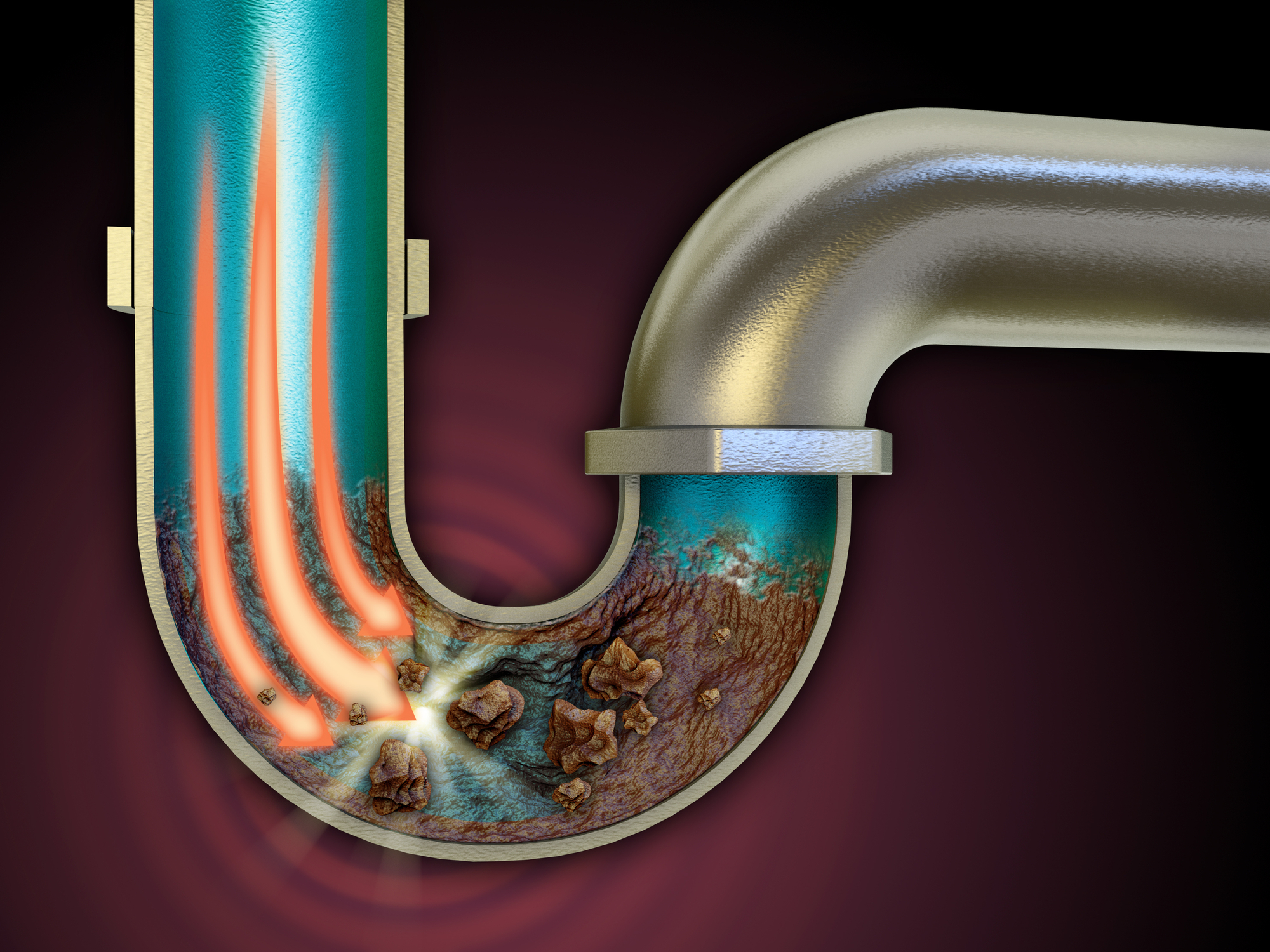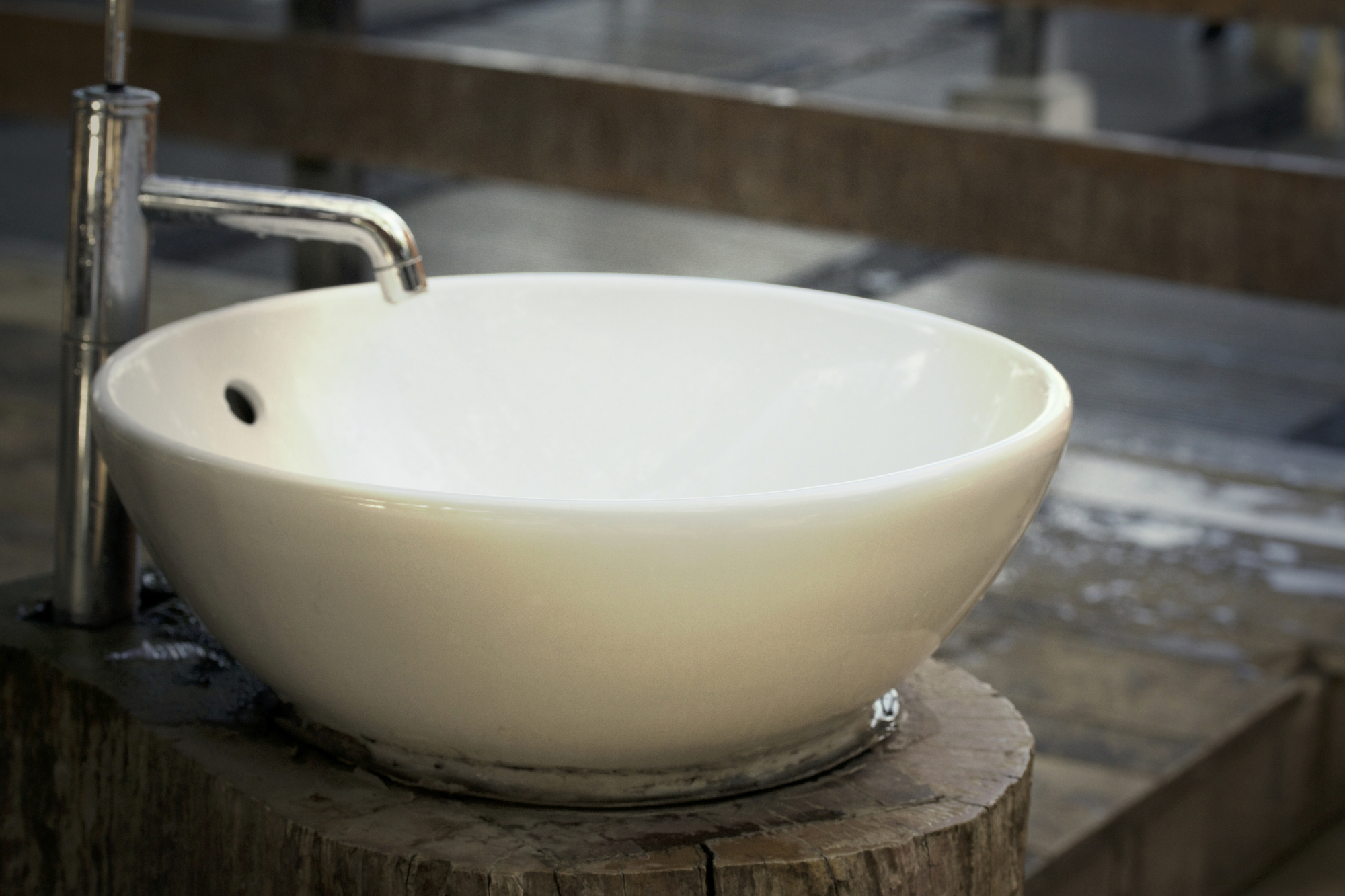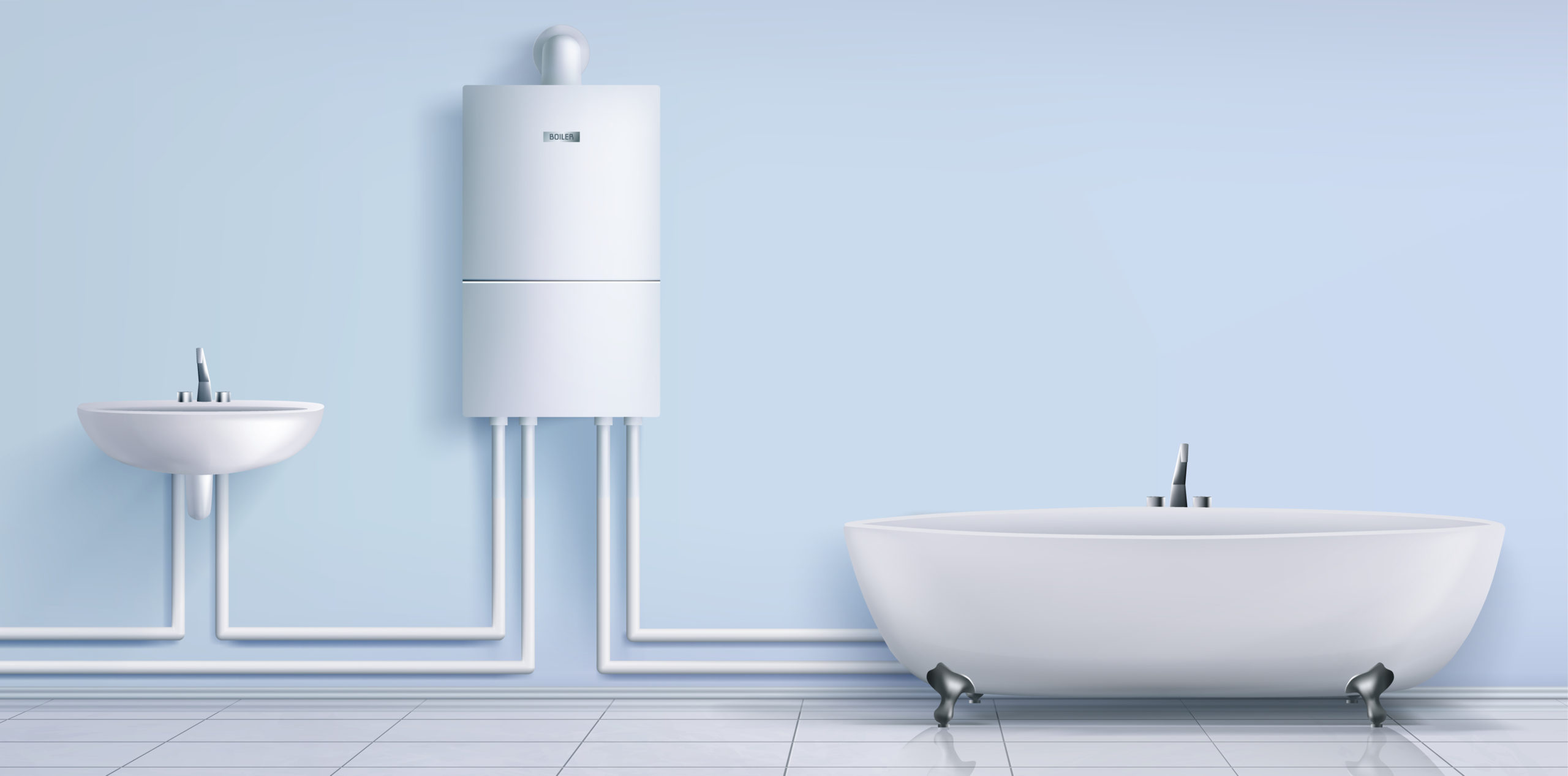Are you considering upgrading your home’s water heating system? If so, you might be wondering whether a tankless or conventional water heater is the best option for you. In this blog post, we’ll explore the differences between these two types of water heaters, their pros and cons, and help you make an informed decision.
Conventional Water Heater
A conventional water heater, also known as a storage tank water heater, is the most common type of water heater found in homes. As the name suggests, it stores hot water in a tank until it’s needed. The tank is insulated to keep the water hot, so it’s always ready to use. Conventional water heaters can run on gas or electricity.
Pros:
– Cost-effective: Conventional water heaters are generally less expensive to purchase and install than tankless water heaters.
– Familiarity: Most people are familiar with conventional water heaters, so they are easier to maintain and repair.
– Simplicity: Conventional water heaters are relatively simple and easy to operate.

Cons:
– Limited hot water: The size of the storage tank determines how much hot water is available. Once the tank is empty, you’ll need to wait for the water to heat up again.
– Energy loss: Conventional water heaters constantly heat and reheat the water to keep it at the desired temperature. This process can lead to energy loss, which can be costly over time.
– Space: Conventional water heaters take up a lot of space, typically in a utility closet or basement.
Tankless Water Heater
A tankless water heater, also known as an on-demand water heater, heats water only when it’s needed. When you turn on the hot water tap, cold water flows through the unit and is heated by a gas burner or electric element. Tankless water heaters can provide hot water on demand, without the need for a storage tank.

Pros:
– Unlimited hot water: Tankless water heaters provide hot water on demand, so you’ll never run out of hot water.
– Energy-efficient: Tankless water heaters only heat water when it’s needed, so they use less energy and can save you money on your energy bills.
– Space-saving: Tankless water heaters are much smaller than conventional water heaters, so they take up less space.
Cons:
– Upfront cost: Tankless water heaters are more expensive to purchase and install than conventional water heaters.
– Complexity: Tankless water heaters are more complex, so they require a professional installation and maintenance.
– Inconsistent temperatures: The water temperature may fluctuate with a tankless water heater if it is used at a high demand rate, causing discomfort.
Which One is Right for You?
The decision between a tankless and conventional water heater depends on your specific needs, budget, space, and other factors. If you live in a household with one or two people, a tankless water heater is perfect for you. Tankless water heaters take up less space and are great for households that want a continuous supply of hot water for things like showers, cooking, or doing laundry.
However, if you’re looking for a cost-effective solution or have a larger household, a conventional water heater may be a better option. Conventional water heaters are more affordable and perform well if you only need hot water for a few hours a day.
Conclusion
Choosing between a tankless and conventional water heater requires careful consideration of multiple factors, including your household size, budget, space, and hot water needs. If you need help deciding which type of water heater is right for you, contact the plumbing experts at aceplumbingrepair.com or call (844) 711-1590. They can assess your needs, budget, and space to recommend the best water heater solution for you.






